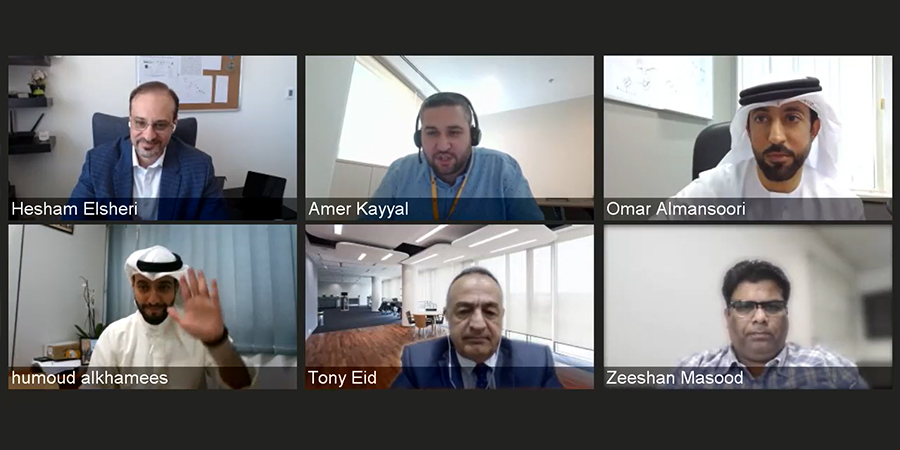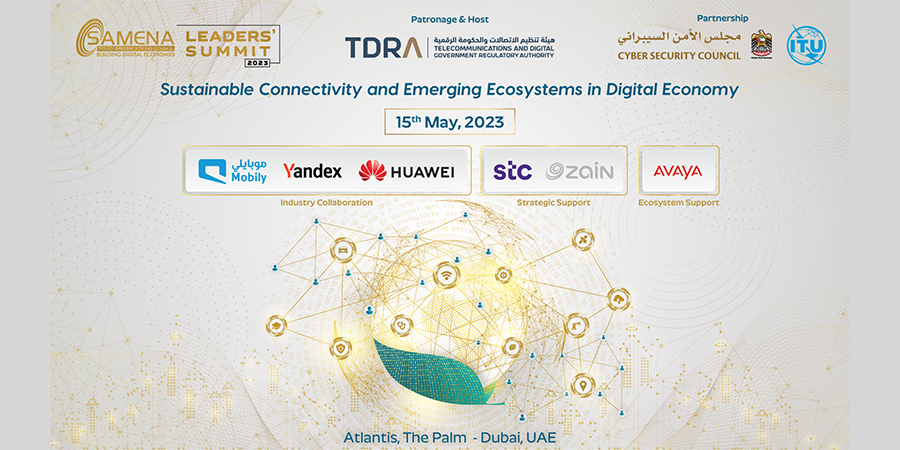SEC filings showed that CEO Sundar Pichai was paid a total of $226 million in 2022, mostly through a $218 million stock award, which he receives every three years.

Reports and Coverage
COVERAGE: How Modernized DDI Underpins the Future of Telco Cloud
Bringing together CSP experts and leaders to discuss their DNS, DHCP, and IPAM solutions, collectively known as DDI, Telecom Review successfully hosted the virtual panel, “How Modernized DDI Underpins the Future of Telco Cloud,” in collaboration with Infoblox.
Global Smartphone Shipments Continue to Slump
Shipments totaled 268.5 million units in Q1 2023, which, when compared to the previous year, marks a decrease of 12.7%. Two of the largest OEMs, Samsung and Xiaomi, reported 18.3% and 22.0% falls in shipments year-on-year, respectively. Realme has taken one of the largest YoY falls, from 15 million shipments in Q1 2022 to 8 million in Q1 2023, a 43.8% slump.
COMING TOMORROW: Do Not Miss Telecom Review's Next Virtual Panel
Telecom Review's 2023 Virtual Panel Series continues tomorrow, May 2. Join us for an informative and engaging panel discussion with CSP experts to learn how to modernize DDI solutions for the future of telco cloud.
Technology Assisting Humanitarian Efforts to ‘Open New Horizons’
In war-ravaged Libya, young people are actively turning towards technology to help themselves get back on track toward progress. After years of political disruption, a tech competition organized to encourage and promote tech culture and the start-up spirit among the youth witnessed overwhelmingly enthusiastic participation. The event organizers hope that such events will "open new horizons" for young Libyans. They say that the competitions are helping the young to not only dabble with technology but also manage their relationships and work towards inclusion, unity and peace.
GSMA Open Gateway: Mapping the Scale, Significance and Strong Business Case It Offers
As we look closer at the global telecom industry and how it aims to monetize network investments and effectively overcome any future challenges, the GSMA’s Open Gateway Initiative has garnered much global attention with the support of 21 MNOs, representing a significant shift in telcos’ design and delivery services. In this article, e& enterprise explores the impact of the GSMA Open Gateway, how it enables new business models and the scale at which it is being implemented by industry leaders, demonstrating the strong business case it offers.
The Rise of 50G-PON: Delivering Enhanced Fiber Performance
Over the last two decades, passive optical network (PON) technology has evolved exponentially to support the fast-growing demand from emerging services like ultra-HD video, immersive experiences, 5G wireless transport and cloud, among others.
Tracking Quantum Developments From the Telecom Lens
Quantum technology has the potential to solve problems that are unsolvable by traditional computers. Although at a nascent stage of development, researchers at companies like Google, Microsoft and IBM, among others, are continuously trying to smooth out the complexity associated with quantum mechanics. The World Economic Forum (WEF) indicates that the global investment in quantum tech research and development totaled around $30 billion in 2022, with countries like China, the US, the UK and Canada leading in funding allocations.
SAMENA Council Leaders’ Summit 2023: ‘Sustainable Connectivity and Emerging Ecosystems in the Digital Economy’
SAMENA Telecommunications Council announces that the annual congregation of global and regional leaders, the SAMENA Council Leaders’ Summit, bringing market and government-sector representation from multiple continents, will be held in Dubai on May 15th.
How Artificial Intelligence Will Transform Businesses in 2023
It is crucial to define AI technologies before studying how they are affecting business. "Artificial intelligence" describes any kind of computer software that performs human-like tasks, including planning, problem-solving and learning. It's theoretically correct to refer to specific applications as "artificial intelligence," but that doesn't delve into the more detailed intricacies. We need to look further to determine the type of AI that businesses are using most frequently.
















